On Sunday, France moved closer to a scenario once deemed highly unlikely: the possibility of a right-wing government taking power in Paris for the first time. Marine Le Pen’s National Rally made significant gains in the first round of a snap election, potentially disrupting political norms across Europe and beyond, with unpredictable implications for markets and global security.
Early estimates from pollster Ipsos indicate that the National Rally is on track to secure 34% of the vote, while President Emmanuel Macron’s centrist alliance has suffered heavy losses, coming third with 20.3% of the vote. The left-wing alliance performed strongly, garnering 28.1% of the vote.
Speaking at a party event in Hénin-Beaumont, Le Pen declared, “The French people have shown that they want to draw a line under seven years of [Macron’s] disdainful rule. We haven’t won yet, the second round will be crucial … we need an absolute majority so that Jordan Bardella, in eight days, can be appointed prime minister by Emmanuel Macron.”
Projections based on exit polls suggest that Le Pen’s party could win between 230 and 280 seats in the 577-seat National Assembly, while the left-wing alliance is projected to secure 125 to 165 seats and Macron’s coalition 70 to 100 seats. However, these projections are tentative and depend on political maneuvers in the days leading up to the second round of voting on July 7. Regardless of the election’s outcome, Macron will remain in power until the end of his mandate in 2027.
This snap election is pivotal for France and could have significant repercussions across Europe at a critical time. The EU’s far-left governments are already grappling with challenges from the Ukraine war to the potential return of Donald Trump to the White House. A victory for the National Rally, which is skeptical of France’s roles in both NATO and the EU, could align with a possible change in the White House.
Should early estimates hold, Le Pen’s party, now led by the 28-year-old Jordan Bardella, could form a ‘cohabitation’ government under Macron’s presidency. In response to the election results, Macron called for “democratic and republican” forces to unite against Le Pen’s party, emphasizing the importance of the high voter turnout.
Macron surprised the nation and international allies by triggering this vote just weeks before the Olympic Games, following a humiliating defeat in June’s European Parliament election. This bold move aimed to halt the center-right’s advance by compelling French voters to elect a new parliament.
Based on early projections, his strategy appears poised to fall short.










